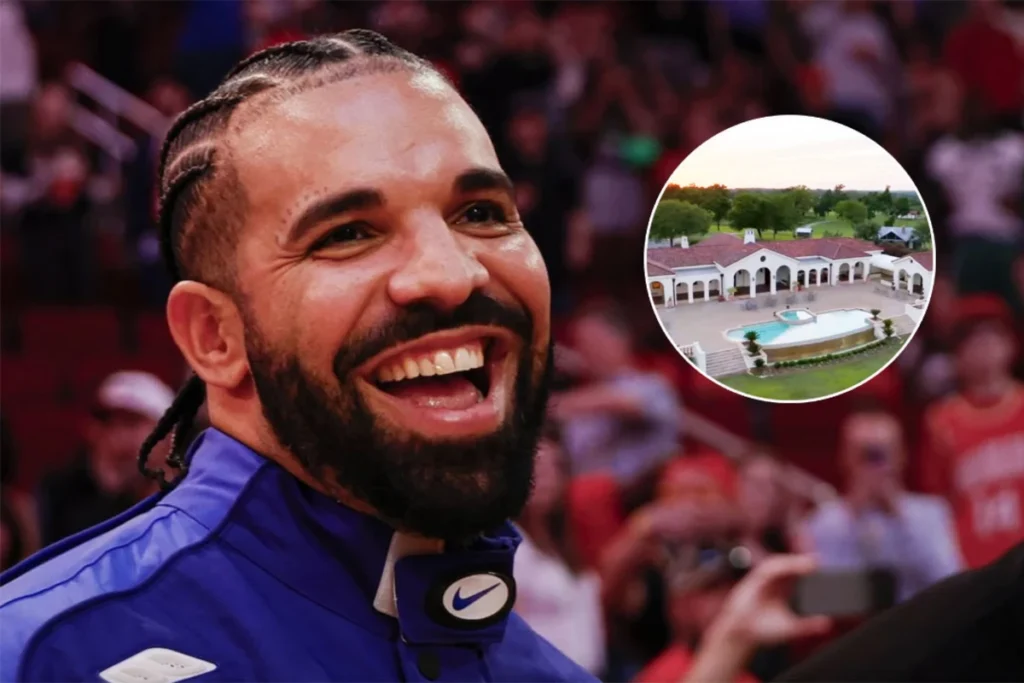One of the most anticipated and ultimately satisfying run of shows ever to occur on the Fillmore West stage occurred in March of 1971, when Bill Graham presented three consecutive nights featuring Tower of Power, King Curtis, and Aretha Franklin. Immortalized in part on the album Aretha Live at Fillmore West, these performances became a landmark event that played a significant role in Franklin reaching beyond the loyal black audiences that already knew of her incredible talent. Pulling off these shows was not an easy task, but thanks in large part to the vision of Jerry Wexler, who had signed Franklin and produced her studio recordings, the challenging logistics were overcome, but not without some trepidation. First, Fillmore West was a much smaller venue that could not accommodate the size audience required to guarantee Franklin’s performing fee at the time. This was overcome with the solution of recording a live album to offset the financial arrangements. Additionally, Franklin had been touring with a traditional show band for years, but Wexler wanted to use an entirely different group for these performances, utilizing top session musicians, including those that had played on Franklin’s studio recordings. There were also serious concerns about how Franklin would be received by the primarily white hippie audience that frequented Fillmore West.
Wexler persuaded Franklin to work with King Curtis and the Kingpins, which featured one of the greatest rhythm sections on the planet. Led by Curtis Owsley, whose soulful sax had been prominently featured on Franklin’s earlier studio sessions for Atlantic, his Kingpins included a dream team of musicians that featured Cornell Dupree on guitar, Jerry Jemmott on bass, Bernard Purdie on drums, Truman Thomas on electric piano, and Pancho Morales on congas. They additionally recruited the up and coming organist Billy Preston, already a veteran of countless sessions, including The Beatles Let It Be album sessions. To give the ensemble the additional punch required to match Franklin’s intimidating vocal power, the legendary Memphis Horns were also recruited, along with the Sweethearts Of Soul (Pat Smith and Aretha’s cousins, Margaret Branch and Brenda Bryant) on background vocals.
This opening night of the three-night stand, although perhaps not the most electrifying night of the run, is actually the most fascinating, as it is literally the debut performance by this incredible aggregation. Franklin’s nervous energy is palpable and listening to her overcome her trepidation and turn this San Francisco audience on to such a jubilant celebration of her music is indeed a most compelling experience. The extraordinary energy of the musicians and the enraptured enthusiasm of the Fillmore audience combine to inspire one of Franklin’s most raw, in-your-face performances. The album, which was primarily sourced from the final night, captures serious magic, but this opening night performance has an intensity and a sheer grit to it that is just as captivating.
Franklin kicks things off with her infectious take on Otis Redding’s “Respect,” a #1 crossover smash hit, usually reserved for closing her sets. Opening with this particular number sets the energy level extremely high right off the bat. Franklin’s classic original, “Call Me,” which had been another hit single the previous year, follows. Relaying to the audience that she is about to sing a song by Stephen Stills, Franklin changes her mind and instead delivers a frantic spontaneous take on Jimmy Webb’s “Mixed Up A Girl,” a song unique to this night’s performance alone. Franklin chats with the audience, humbly requesting their indulgence and explaining that she and her band are “trying out some new things,” before launching into a truly incredible version of Stephen Stills “Love The One You’re With.” As great as this is, it is merely a warm-up exercise for a devastatingly powerful read on Simon & Garfunkel’s “Bridge Over Troubled Water.” This was a show-stopping performance all three nights of the run, and although the album version was lifted from the final night, this version is arguably the superior vocal performance.
Less successful, but still impressive, are Franklin’s covers of The Beatles’ “Eleanor Rigby” and Bread’s “Make It With You,” which were likely included in an effort to appeal to a younger primarily white audience. Both are well received, but “Don’t Play That Song,” one of Franklin’s most recent hits at the time, returns to stellar form. Prior to an emotional and heartfelt rendition of “Your All I Need To Get By,” the funniest moment of the evening occurs, as Franklin declares “It’s a good thing I ate chitlins this morning!”
The remainder of the set is unquestionably the pinnacle of the evening, as Franklin, accompanying herself at the piano, asks the audience if they feel like hearing the blues. This proceeds a truly phenomenal nearly seven-minute take on “Dr. Feelgood,”
a key song from her 1967 Atlantic debut, originally published as “Love Is A Serious Business” when she co-wrote it and recorded the original studio version. By the end of this performance, the audience is totally enraptured and Franklin knows that she has broken through. Rather than stop the incredible momentum, Franklin segues directly into the dynamic title track and hit single off her most recent album, Spirit In The Dark. Here, Franklin combines everything she learned from her younger years as a church soloist into a truly spectacular performance that is riveting from beginning to end. These two set-ending performances alone justify her dominance as the greatest singer of her generation and the unquestioned Queen Of Soul.
This leaves the audience howling for more and Franklin returns for a brief reprise of “Spirit In The Dark,” before leaving the stage with the knowledge that she had enthralled this audience while experiencing a magical night well beyond her wildest expectations. Aretha Franklin would later be quoted as saying these performances were the highlight of her career.



